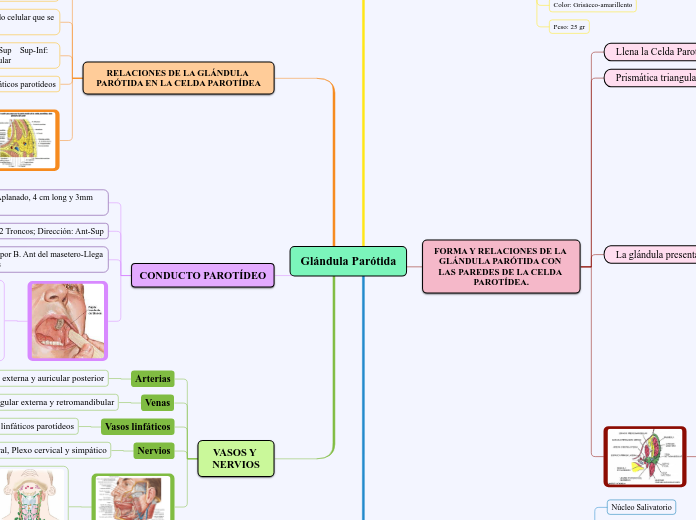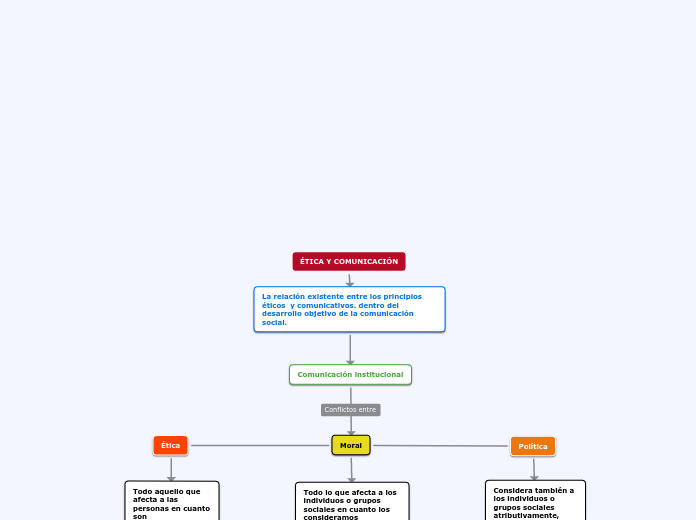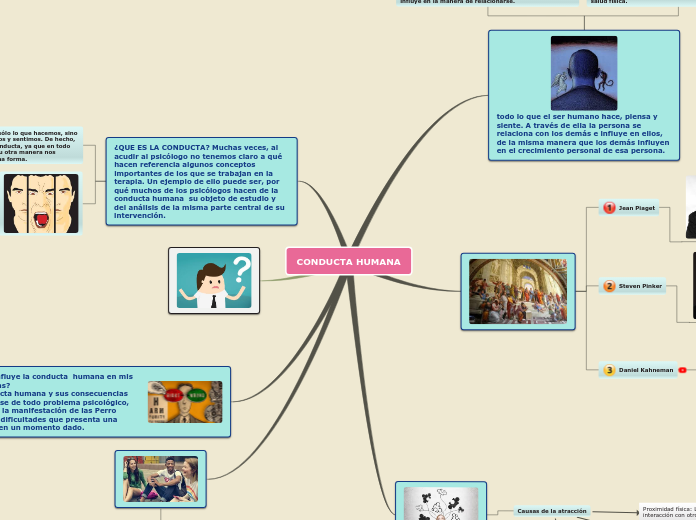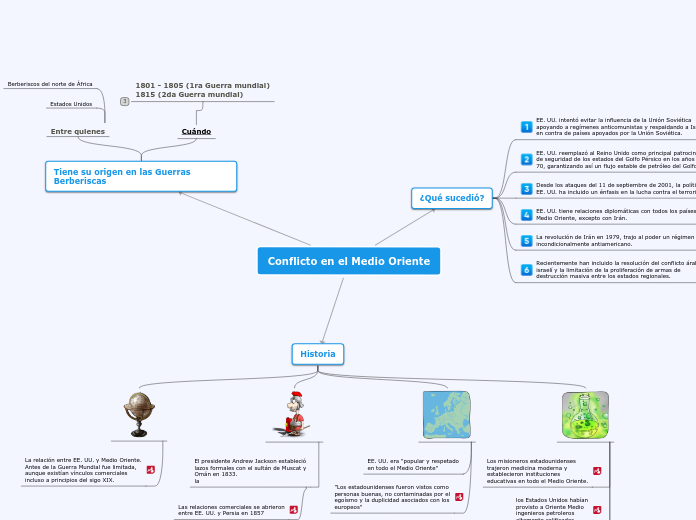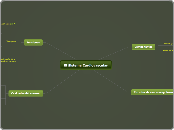Glándula Parótida
The first division between continents was made by ancient Greek navigators, who named them 'landmass, terra firma'.
Generally classified by convention rather than any strict criteria, nowadays seven regions are regarded as continents from a geopolitical point of view.
VASOS Y NERVIOS
Antarctica is not only the coldest place on Earth but also the highest, driest, windiest and emptiest, completely covered with ice.
75% of the world's ice and 70% of the Earth's fresh water is located here.
Summer months of December to February give 24 hours of light, while the winter months of late March to late September are pitch dark the whole day.
There are no permanent inhabitants, except for scientists maintaining research stations in Antarctica.
Nervios
There is plenty of animal life in Antarctica. It is a continent of extreme conditions but a range of well-adapted animals thrive here at various times of the year.
Name at least 5 of these animals.
N. Auriculotemporal, Plexo cervical y simpático
Vasos linfáticos
Antarctica sees half a year of light and half a year of complete darkness.
Write down which months give 24 hours of light, and which are the ones that give pitch darkness the whole day.
Venas
The coldest natural temperature ever recorded on Earth was recorded here.
Write it down.
Drenan: V. yugular externa y retromandibular
Arterias
Write down the temperatures of the Frozen Continent during the summer and the winter.
R. Carótida externa y auricular posterior
CONDUCTO PAROTÍDEO
You can find on this continent:
- the world's largest river as per water volume, the Amazon.
- the highest volcanoes of the world -- Mt. Cotopaxi and Mt. Chimborazo.
- the country, Brazil, which is the largest coffee producer in the world.
- the second-highest mountain range in the world, the Andes.
Cavidad Bucal-Pasa por B. Ant del masetero-Llega 1-2 molar Superiores
The largest forest, which covers 30% of South America's total area, is famous for its biodiversity. It’s crisscrossed by thousands of rivers, including the powerful Amazon.
Name this forest as well as its type.
Origen: 1-2 Troncos; Dirección: Ant-Sup
The world's highest uninterrupted waterfall can be found here.
Write down its name, height and the country in which you can find it.
Conducto excretor, Aplanado, 4 cm long y 3mm diámetro
There are 12 countries that make up South America.
Name as many of you can! Don't forget about their capitals.
RELACIONES DE LA GLÁNDULA PARÓTIDA EN LA CELDA PAROTÍDEA
North America has five time zones and it is the only continent with every type of climate.
North America was named after the explorer Amerigo Vespucci and is also known as the 'New World'.
The world's largest sugar exporter among the seven continents - Cuba - also called the 'sugar bowl of the world' is located here.
Nódulos linfáticos parotídeos
The specialty of some animals is they are found only in a particular region and nowhere else in the world. North America is home to many of such amazing animals.
Name at least 6.
Inf-Sup: A. Carótida externa-Part. Sup Sup-Inf: V. yugular externa, V. retromandibular
Native Americans have lived along this river and its tributaries for thousands of years. Most were hunter-gatherers, but some formed agricultural societies.
Formed from thick layers of the river's silt deposits, this river's embayment is one of the most fertile regions of the United States; steamboats were widely used in the 19th and early 20th centuries to ship agricultural and industrial goods.
Name this river.
La glándula es cubierta por un tejido celular que se puede-Denso se una a la celda
The world's largest freshwater lake by surface area and the third-largest freshwater lake by volume can be found here. It provides a route for the transportation of iron ore, as well as grain and other mined and manufactured materials.
Large cargo vessels called lake freighters, as well as smaller ocean-going freighters, transport these commodities across this lake.
Name this lake.
Todo los elementos en relación con la glándula forman la celda
There are 23 countries that make up North America.
Name as many of you can! Don't forget about their capitals.
INERVACIÓN FUNCIONAL DE LA GLÁNDULA PARÓTIDA
Australia is the world's smallest continent and is also known as an 'island continent' as it is surrounded by water on all sides.
It includes 14 countries and it is the least populated continent.
Its name comes from the Latin word 'australis' meaning 'southern' because it lies entirely on the south of the equator.
Secreción: N. auriculotemporal
Ganglio ótico
N. Glosofaríngeo, N. Timpánico y N. Petroso menores
Núcleo Salivatorio
The largest coral reef can be found here.
Name this coral reef, add its length and mention what type of coral is it.
FORMA Y RELACIONES DE LA GLÁNDULA PARÓTIDA CON LAS PAREDES DE LA CELDA PAROTÍDEA.
Asia is the world's largest continent of the seven continents in size, as it covers one-third of the earth's surface.
It includes 50 countries, and it is the most populated continent, 60% of the total population of the Earth lives here.
La glándula presenta:
Bordes
Medial
Lig. Estilomandibular
B. Ant Esternocleidomastoideo
C. Lat Masetero; Emerge el Conducto parotídeo-Prolongación masetérica-G. Parótida accesoria
Extremos
Inferior
Tabique intersubmandibuloparotídeo
Superior
Ant: Art. Temporomandibular; Post. C. Auditivo
Caras
Posterior
Orientada: Post-inferior-Medial; Relaciones: Lat-Medial B. Esternocleidomastoideo-digástrico-estilohioideo-estilogloso, Esos músculos se unen y recubren por una fascia-Refuerza lig.estilomandibular y estilohioideo. Post: 2 Ramificaciones Esterno-Digas y Digas-A. Estilohi
Anterior
Forma de canal verticalmente-Cóncavo Ant; Relaciones: Lat-Med B. Post M. Masetero, B. Post R. Mandíbula, M. Pterigoideo medial y fascia, Post. Fascia interpterigoidea, y, la membrana celulofibrosa-Prolongación faríngea G. Parótida
Lateral
Plana, Convexa; Recubre: L. S. Fascia Cervical-Ext, Esternocleidomastoideo-Fascia masetérica
Prismática triangular: Celda y Glándula
Asia houses the highest point on earth.
Name this summit and write down how tall it is.
Llena la Celda Parotídea-Se adapta a ella
Name as many as you can out of the 48 countries located in Asia.
Write down the capitals too.
CARACTERÍSTICAS
Europe is separated from Asia by the Ural mountains and the Caspian Sea.
It is surrounded by water on three sides: Mediterranean Sea in the south, Atlantic Ocean in the west, and the Arctic Ocean in the north.
Three-fourth of the world's potatoes grow in Europe.
Peso: 25 gr
Color: Grisáceo-amarillento
Europe has many exceptional animals, birds, and reptiles with unique methods of staying and hunting.
Name at least 4 of them.
Superficie: Lobulada
Europe is a large region, with several major rivers that connect its many countries. There are five primary rivers in Europe, and one of them flows through 10 countries, more than any other river in the world.
Name these rivers.
Situada: Post-Rama de la Mandíbula; Inferior-Conducto Auditivo externo; Ant- Apófisis mastoides y estiloides, Músculos.
Europe is one of the smallest continents, yet it is home to some of the largest mountain ranges.
About 20% of the total landmass of the continent is considered mountainous.
Name the 5 longest mountain ranges in Europe.
Mountains' name
Mas voluminosa.
The most beautiful cities in the world can be found in Europe. History, architecture, arts, and famous cuisine is representative almost to each country.
Out of 51 countries how many you can name?
And how many capitals?
